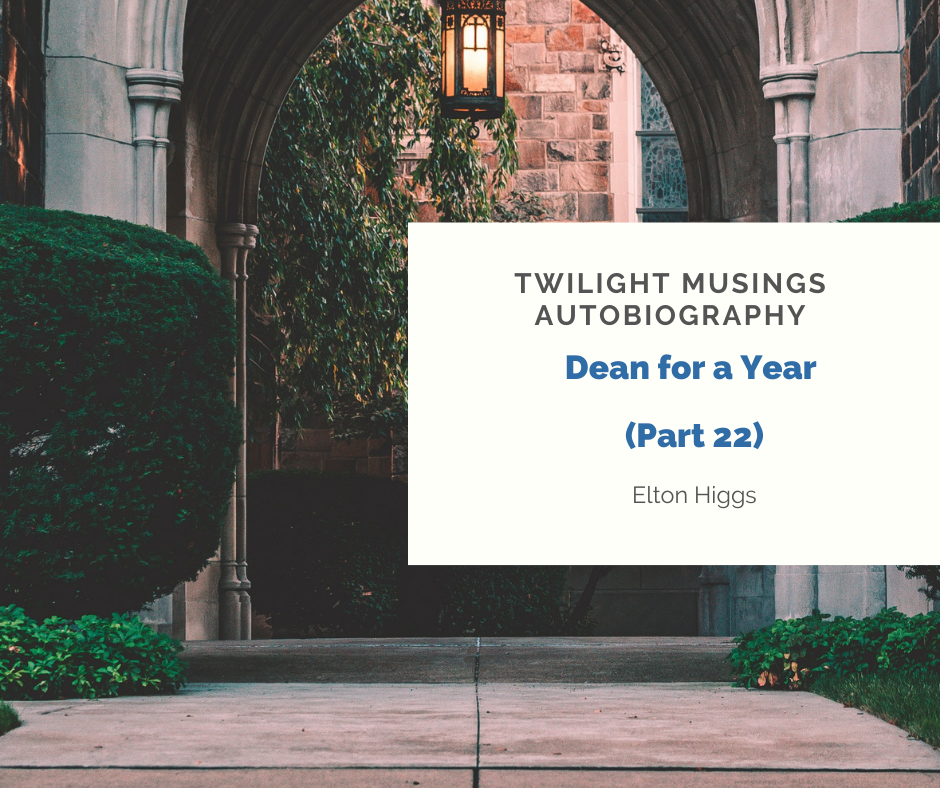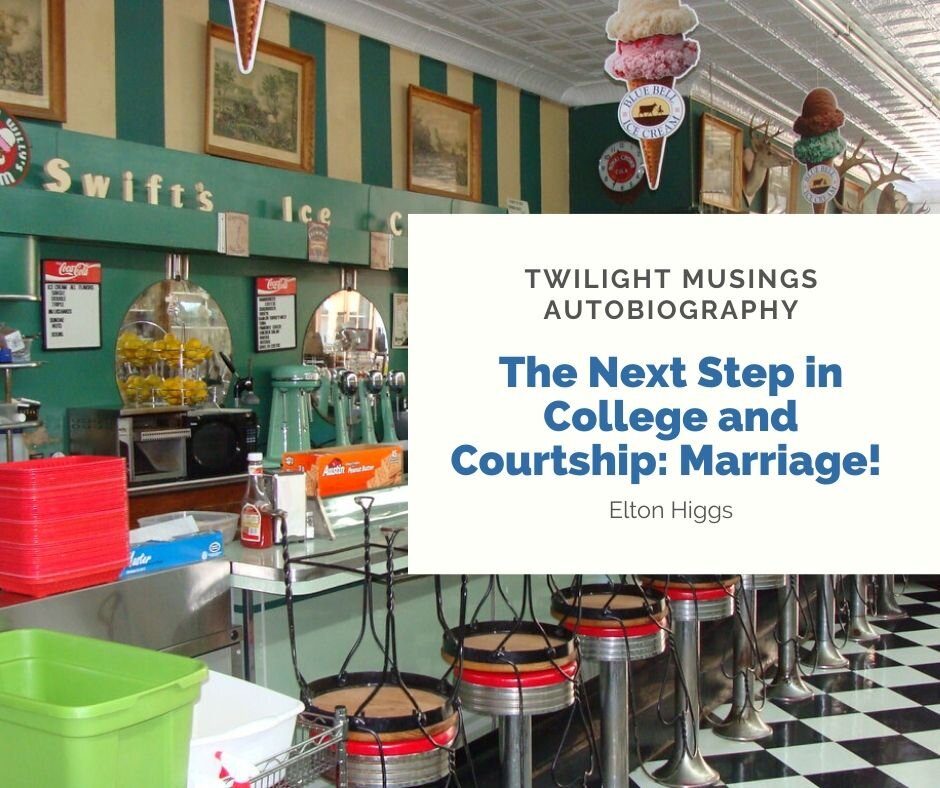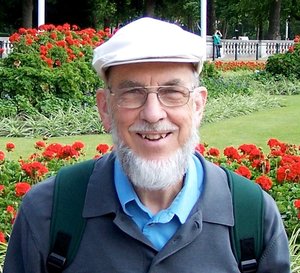The Second Phase of My Involvement in CASL Administration: Twilight Musing Autobiography (Part 23)
/A key decision I had to make early in my year as acting dean was whether to be a candidate for a regular 3-year term as dean. After discussing the matter with friends and praying about it (though I suspect not sufficiently), I decided that the College would be best served by my not being a candidate, thereby lending more credibility to my being an honest and impartial broker between competing departmental objectives. I wanted the year to achieve the healing of animosities and distrust of administration within the College. My motives were good, I think, but I’m not sure my judgment was sound, especially in view of the person who was selected for the job after a nationwide search.
Joachim (“Kim”) Bruhn was a portly, friendly man who generally made a good first impression. However, within a few months his jolly “Hello, I’m Kim Bruhn, and I’m new here” began to wear thin, and his handling of the job proved less than satisfactory. One staff member observed that his personality and character were “a mile wide and an inch deep.” He had grand ideas about where the College should go and how it should get there, but he was terrible when it came to details. And on top of that, he had very flexible standards of telling the truth. He relied heavily on his staff to handle details, and so he was not always immediately and responsibly aware of exactly where the College’s finances stood nor what was the state of day-to-day operations. All of this meant that often I found myself being asked to explain or defend policies and decisions that I either lacked information on (because he had failed to tell me) or felt were on shaky ground.
I oversaw the College’s dealings with campus service units, such as Admissions and Registration and Records, and in doing so I was able to trade on relationships I had built during my year as Acting Dean. They trusted me, but they were sometimes puzzled by the difference in what they heard from Dean Bruhn and what they heard from me. Faculty in general did not hold Kim in high regard, and my close association with him tarnished my character with them sometimes. All these frustrations led to my deciding to resign as Associate Dean after serving two years.
When I informed Provost Eugene Arden, my friend and mentor over the years, he asked me out to lunch and made a strong pitch for me to stay on for another year. He argued that I was among the top 10% of people he had observed over the years in my aptitude for administration and that if I toughed it out I would have a good potential for an administrative career. I think perhaps he was already seeing that Kim Bruhn would not be approved for a second term as Dean, and that I was in a good position to succeed him. On the other hand, if I resigned (whatever my reasons), it would be a blot on my record and a hindrance to my being chosen for future administrative jobs. However, I was not willing to endure another year of working with Kim Bruhn and felt morally obligated to resign in order to disassociate myself from his dishonesty. In retrospect, that may have been an exercise of poor judgment. I think I was more concerned with my reputation than with whether the Lord wanted me persevere or give up.
In December of 1975, a disrupting event happened in Module 8 that turned out to have personal consequences for me. Early one morning, I received a call that a fire had broken out in our set of modules. (The sage comment of the Fire Warden when he assessed it was, “It appears to have been either an accident or arson.”) When I arrived on campus, I found that there had been considerable damage in Module 8, especially in a room where most of my campus library was stored. Later in the day, Laquita and I were dismayed at how many books were scorched and water-logged. We had to leave things in place until the insurance people had reviewed the scene in order to process the school’s claim for damage compensation. A good proportion of my books had to be written off for any remaining market value. We finally received our part of the school insurance settlement and were ready to move the books home to do whatever repairs we could. The year before this, we had bought a house in an attractive neighborhood about ten minutes away from the campus. We didn’t quite have the required down payment (1/3 of the cost in those days), so we swung a short-term bank loan for the balance and closed the deal. In August of 1974, we moved into 9 Adams lane in Dearborn, where we lived for the next 44 years. It was here that we moved the damaged books, storing them in the basement while we salvaged what we could, which turned out to be a majority of them.
Then, someone suggested we look into our homeowners’ insurance policy to see if there might be some recompense from them for the damaged books. We filed a claim, and wonder of wonders, we received a check for almost exactly the amount of our short-term loan! That incident has been a standard story in our history of incidents illustrating the Lord’s special provision in times of need. In addition, the great increase in my base salary during my years in administration had incremental effects in subsequent years, and the final result was a very healthy retirement package that even now is supplying the bulk of our retirement income. God’s supply of our financial resources over the years has kept us from being in debt except for one short term mortgage. That is one tangible result of my year as Acting Dean.
Dr. Elton Higgs was a faculty member in the English department of the University of Michigan-Dearborn from 1965-2001. Having retired from UM-D as Prof. of English in 2001, he now lives with his wife in Jackson, MI. He has published scholarly articles on Chaucer, Langland, the Pearl Poet, Shakespeare, and Milton. Recently, Dr. Higgs has self-published a collection of his poetry called Probing Eyes: Poems of a Lifetime, 1959-2019, as well as a book inspired by The Screwtape Letters, called The Ichabod Letters, available as an e-book from Moral Apologetics. (Ed.: Dr. Higgs was the most important mentor during undergrad for the creator of this website, and his influence was inestimable.





















































































